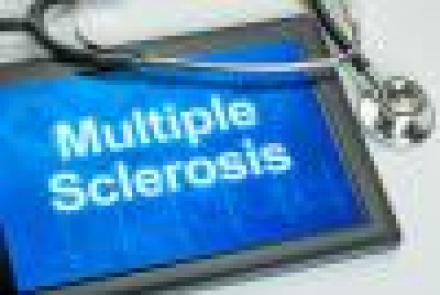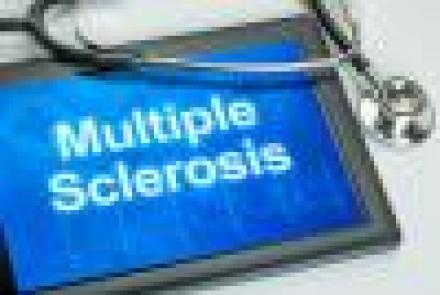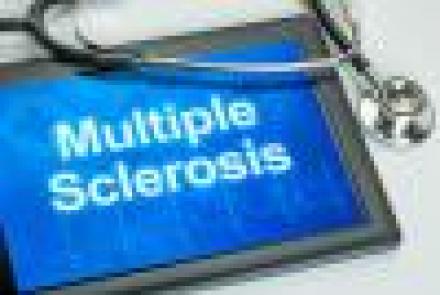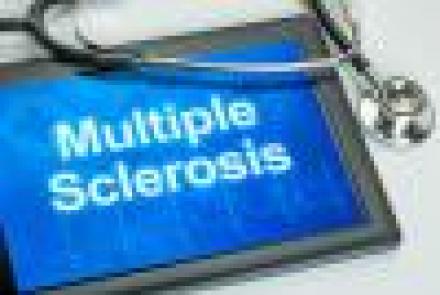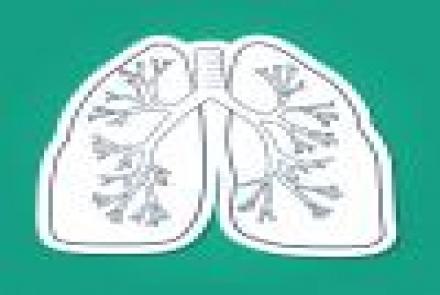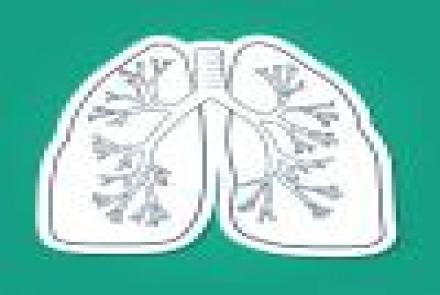Diagnosing multiple sclerosis
There is no single specific diagnostic test available, but in practice, the diagnosis is done typically based on the presenting signs and symptoms, in combination with supporting medical imaging and laboratory testing.
Clinical data alone may be sufficient for a diagnosis of MS if an individual has had separate episodes of neurologic symptoms characteristic of the disease. In those who seek medical attention after only one attack, other testing is…
Latest Stories
- There is no known cure for multiple sclerosis, but several therapies have proven helpful in relieving the symptoms and improving the quality of life. The aims of therapy are to manage the acute condition or attack, returning to function after an attack, preventing new attacks, and preventing disability. Medication Any individual who experiences an acute episode (including optic neuritis) sufficient to cause distressing symptoms or an increased limitation on activities independent of whether it…
- In additon to what is described in the treatment section, it is also important to Adopt a healthy lifestyle - Keep the following in mind: Take rest Exercise regularly – walking, swimming, yoga (depending on your condition). Do exercises that strengthen and stretch muscles. Stay cool – heat exacerbates the problem Eat a healthy, balanced diet with lots of fibre and fish. Omega-3 fatty acids protect against inflammation. Reduce stress Learn relaxation techniques Adapt…
- There is no method to prevent multiple sclerosis(MS) or its flare-ups. Medication may reduce the frequency or delay the onset of relapse in the case of relapsing-remitting MS and secondary progressive MS.
- Treatment of non-small cell lung cancer: Surgery Surgery is the treatment of choice in NSCLC that has not spread beyond the lung. The goal of surgery is to remove the lung tumour along with the lymph nodes in the chest. The surgeon will remove the tumour with surrounding normal lung tissue. During surgery, serious complications such as excess bleeding, wound infection and pneumonia can occur. Following surgery, patients may experience difficult breathing, shortness of breath, pain and weakness…
- Follow-up care After finishing the treatment, check-ups are recommended to look for any side-effects of the treatment or any new symptoms or signs of recurrence or spread. The doctor may recommend any one or more of the following tests: -Chest X-ray -CT scans -Ultrasound -Blood test A CT scan is recommended every 6-12 months for first the 2 years and yearly after that. Food and nutrition Eating right is a key part of cancer treatment. You need to keep your body as strong as possible before,…
- Causes of urinary incontinence It is not a disease, it is a symptom. Urinary incontinence can be caused by daily habits, underlying medical or physical problems. Urinary incontinence may be temporary or persistent. Temporary urinary incontinence Certain drinks, foods and medications can act as diuretics by stimulating your bladder and increasing volume of urine. These include: Alcohol Caffeine Decaffeinated tea and coffee Carbonated drinks Artificial sweeteners Corn…
- Types of Urinary incontinence a) Stress incontinence: Urine leaks out when you exert pressure on your bladder by coughing, sneezing, laughing, exercising or lifting heavy objects. b) Urge incontinence: You have a sudden intense urge to urinate followed by involuntary loss of urine. This may be caused by a minor condition such as infection or by a more severe condition such as neurological disorder or diabetes. c) Overflow incontinence: This type occurs when you urinate but do not…
- Some people experience occasional minor leaks of urine while others wet their clothes frequently. Complications of urinary incontinence Skin problems: Rashes, sores and skin infections can develop from constantly wet skin. Urinary tract infections: Incontinence increases your risk of repeated urinary tract infections. Impact on your personal life: Urinary incontinence can affect your social, work and personal relationships.

